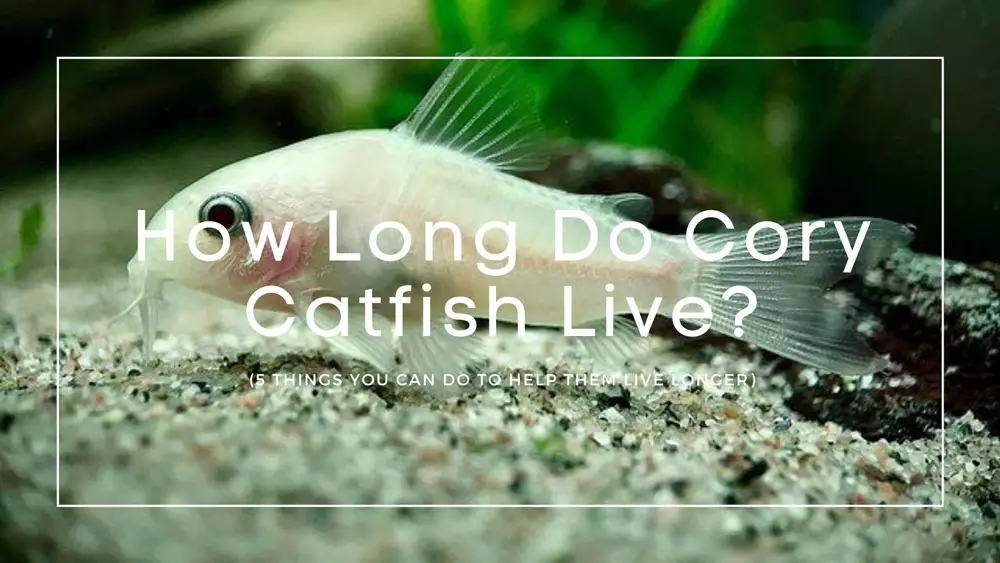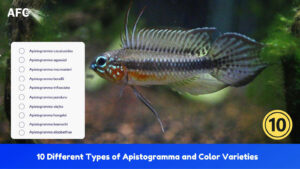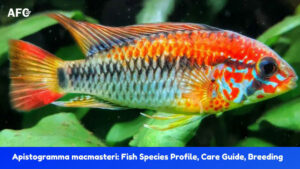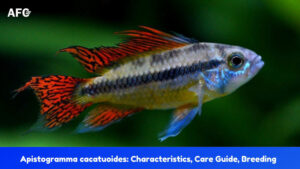Corydoras catfish are tiny, peace-loving, and colorful fish.
Although they are bred in tanks, their indigenous origin goes all the way to Brazil and Peru. The species is uncommon and is currently in high demand because of its astonishing metallic green, orange, and violet colors.
Corydoras usually stick around for a long time in the aquarium. But if yours have been dying lately and if you’re wondering, “how long do cory catfish live?” then you might find our guide helpful.
Let’s get to the details.
How Long Do Cory Catfish Live In Captivity?
Cory catfish can live 5-8 years in your aquarium if looked after well. They are undoubtedly high-maintenance species sensitive to the minutest change in their surroundings, but their average lifespan is quite long.
Maintaining a healthy environment in the water tank and being mindful of all the parameters can help keep your catfish alive for a long period. These parameters include water temperature, pH, KH, number of inmates, water quality, nutrition, and cleaning frequency.
How Long Can Cory Catfish Survive Without Food?
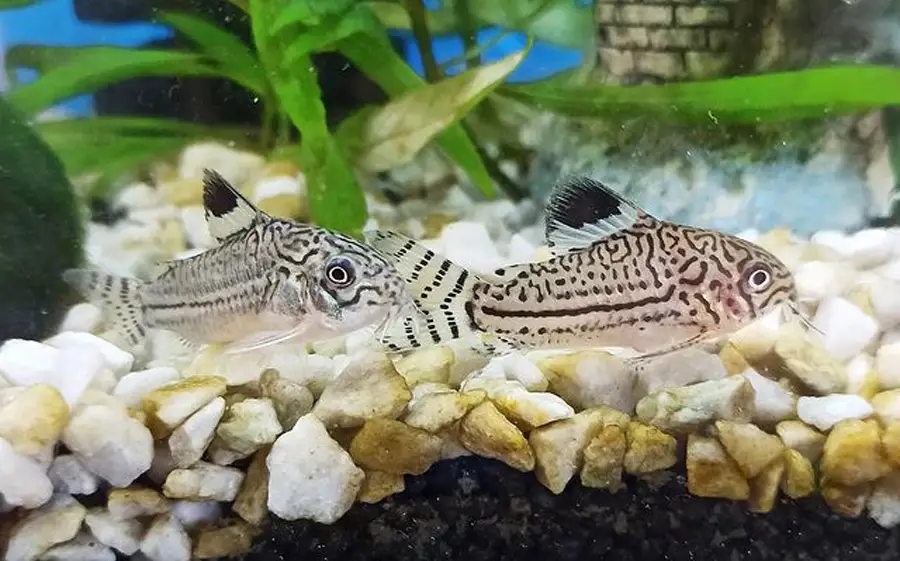
Healthy and sufficiently-fed cory catfish can go for a week without eating and any serious health implications. However, they will starve to death if not fed for two weeks in a row.
It’s understandable if you have to be away from your house for a couple of days, but we strongly discourage leaving your catfish unattended for so long. That’s because food isn’t the only thing that affects your cory’s life; the tank needs weekly cleaning and water change too.
No matter how healthy your catfish is, it will give in to unhealthy water conditions in the tank. Ideally, you should feed them regularly regardless of their survival period because even if they don’t die, their immunity will definitely suffer some loss because of insufficient food.
How To Increase Corydoras’ Lifespan?
Corydoras aren’t that difficult to look after if you diligently pay attention to all the essential parameters. A few techniques that you can follow to prolong your fish’s lifespan are:
Keep Them In A Big Tank
Cory catfish are small scavengers that love moving around and exploring the tank, feeding off bits and pieces of leftover food and debris. A 30-gallon tank is ideal for a school of six fish, provided you keep a large open area towards the front, although you can keep pygmy Corys in smaller aquariums. The Corydoras love to congregate in groups, and large tank spaces allow them to move freely.
Furthermore, the species is compatible with most other freshwater aquarium fish and dwarf shrimps and are peaceful tankmates. They do create a bit of a mess while they are on their scavenging hunt, but other than that, cory catfish are delightful creatures, and big tanks help to keep them active.
Stay On Top Of Water Quality
Water quality is of prime importance when it comes to any fish, but when Corydoras are concerned, you need to be extra careful. We’re laying emphasis on this because of their sensitive nature and susceptibility to little changes.
Make sure that the tank’s temperature stays between 68 degrees and 81 degrees Fahrenheit at all times. The species is somewhat flexible when it comes to pH and thrives well in the 5.5 to 7.2 range. You’re good as long as the changes aren’t abrupt and water remains soft.
Furthermore, the KH determines the stability of the water tank and acts as the buffer that makes up for the changes in pH. We recommend the maximum limit of 15 dKH, depending upon the size of your aquarium.
Feed Them A Healthy Diet
Frozen or live meaty foods as well as top-quality dry foods are excellent sources of nutrition for Corydoras. They are bottom-feeding omnivores but, over time, learn to swim to the surface when hungry.
Additionally, variety is the key while feeding your catfish, and we advise you to rotate their diet daily. Tropical granules, Aqueon bottom feeder tablets, algae rounds, and shrimp pellets are a few high-quality food options.
Another important point worth noting is to feed your cory catfish the food they can eat within two to three minutes. As we mentioned, these creatures like staying at the base of the tank and have to come to the top for eating. So, you shouldn’t keep them out of their comfort zone for too long.
Keep Them In Well-planted Aquaria
As much room as Corydoras need for moving, they also need space to hide and rest, and for that reason, you need to keep your aquarium well-planted.
First and foremost, the substrate must be fine gravel or soft sand, as the species like to forage on the bottom, and coarse material can barb their underbelly. We suggest avoiding any jagged elements at the bottom that could potentially damage the barbels of your catfish.
Coming to the flora of the aquarium, live plants are of immense importance as they give them a safe refuge to snooze or hide when threatened. Some plants like Echinodorus tenellus and Cryptocoryne parva are good options as cory can use them to hide and scavenge.
Requires A School Of 6 Or More, But Avoid Overcrowding
Corydoras are social species and love being in a school, and when kept singly, it’s not uncommon to see them lose their zeal out of loneliness. A school of six is perfect if you have a fifteen-gallon tank with no other significant aquatic pets.
You can also go beyond six but make sure you avoid overcrowding by increasing the aquarium size accordingly. A 30-gallon tank would work best for large schools.
Final Thoughts
Do you have a better idea about the lifespan of Corydoras now? These catfish are difficult to breed and are high-maintenance. With a bit of extra effort, you can enjoy the company of your catfish for up to a decade.
Primarily, you need to rotate the diet daily as variety boosts their metabolism and avoids abrupt habitat changes at all costs.
